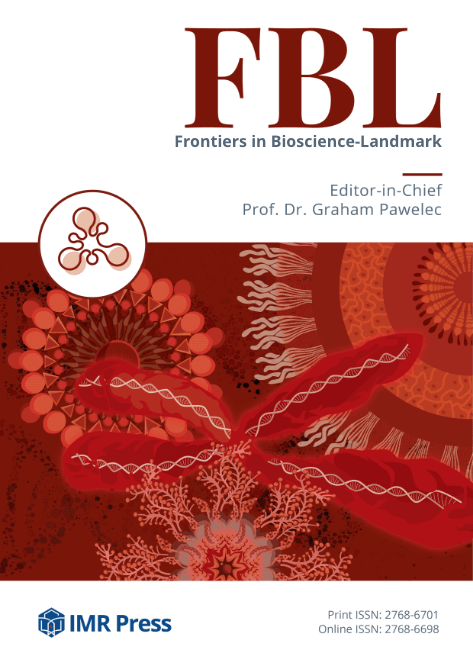Frontiers in Bioscience-Landmark (FBL) is published by IMR Press from Volume 26 Issue 5 (2021). Previous articles were published by another publisher on a subscription basis, and they are hosted by IMR Press on imrpress.com as a courtesy and upon agreement with Frontiers in Bioscience.
Corin is a type II transmembrane serine protease expressed primarily in the heart. Functional studies have shown that corin converts pro-atrial natriuretic peptide (pro-ANP) to mature ANP, a cardiac hormone important in regulating salt-water balance and maintaining normal blood pressure. In corin-deficient mice, pro-ANP processing is abolished, demonstrating that corin is the physiological pro-ANP convertase. Corin-deficient mice develop hypertension that is exacerbated by a high-salt diet and during pregnancy, indicating the importance of this enzyme in controlling blood pressure. More recently, single nucleotide polymorphisms (SNPs) are found in the human corin gene, which are associated with an increased risk for hypertension and cardiac hypertrophy. This review describes the biology of corin and its potential role in cardiovascular disease.

